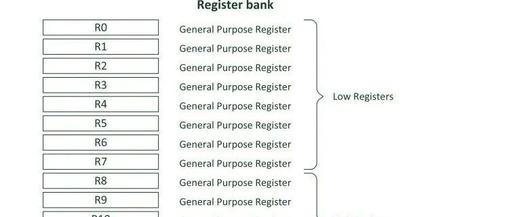Detailed Explanation of the SPI Protocol
Introduction to the SPI Protocol SPI is the Serial Peripheral Interface. It is a synchronous serial interface technology introduced by Motorola, characterized by high speed and full-duplex synchronous communication, capable of operating at frequencies exceeding hundreds of MHz. Typically, SPI requires four lines (for duplex communication), but it can also operate with three lines (for … Read more









